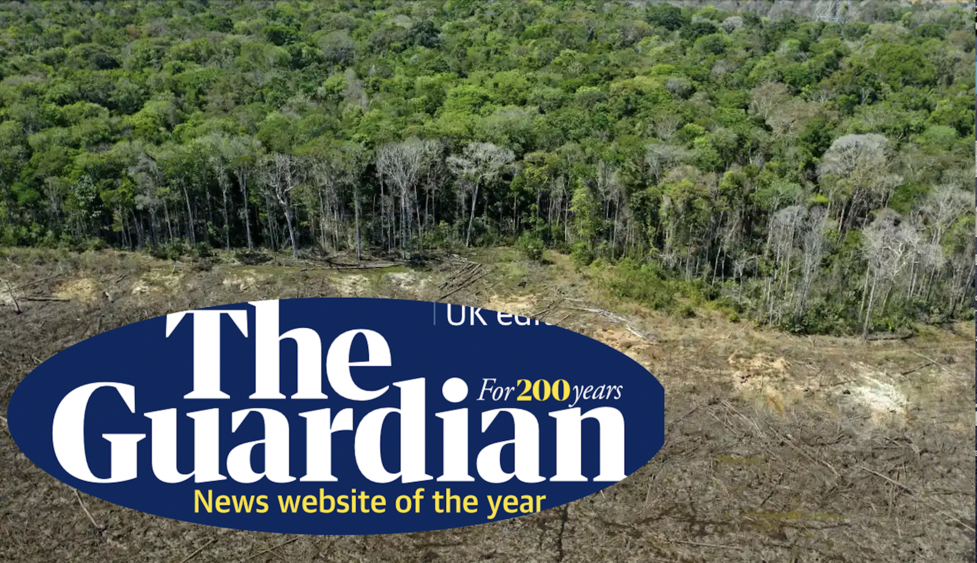What is the most important issue that positions Malaysia in the present global climate crisis? It is the fact that this country is on the cusp of destroying the last vestiges of tropical plant life which are vital to the planet.
For years a lazy elite has basked in luxury from signing off a cheap sale of the country’s valuable resources in terms of oil, timber, minerals, sand (you name it). Bargain cheques that made them rich but deprived progress for 95% of the population, who owned the resources but never saw a cent.
Now, the same pampered crooks hope to hold the global community to ransom by enacting ‘Carbon Credit’ scams out of thin air without doing any of the work that is involved in raising value (as any humble farmer knows).
Meanwhile, as they debauch themselves, it seems the rest are left to pay the price? Carbon Cowboys with their ‘official’ government friends are crowding to sell off Malaysia’s denuded landmass on the credit market at a time the country has zero credibility.
These present plans are scams designed to make the same old guard politicians even richer. And, just as with 1MDB, it will be the suffering population who will be left to pay the billion dollar bills run up by the cheating leadership.
No one should remain ignorant of the stakes. Consider how high a price the re-establishment of Malaysia’s forests could command, if done by the rules, and yet how useless the scams being offered by the oil and timber raiders will turn out to be in terms of accessing foreign money.
The only money to be accessed from these politically connected scams will come yet again from the people of Malaysia, as with 1MDB and all the other con tricks perpetrated on the nation by those who have claimed to lead it in the people’s interest. It will be the taxpayers who have to pick up the bill (probably clearing out remaining timber in order to meet the amounts). To understand the situation read this report on the latest to come out from the Climate Emergency by the Guardian Newspaper:
Carbon emissions from felling of tropical forest doubled in just two decades and are accelerating, research says
Carbon emissions from tropical deforestation this century are far higher than previously thought, doubling in just two decades and continuing to accelerate, according to a study.
The world’s forests form an enormous carbon store, holding an estimated 861 gigatons of carbon – equivalent to nearly a century’s worth of annual fossil fuel emissions at the current rate. When trees are cut down, they release the carbon they store into the atmosphere. Since 2000, the world has lost about 10% of its tree cover, becoming a major driver of global heating.
Yet, despite being the second largest human source of greenhouse gases after fossil fuels, the carbon accounting behind emissions from land still contains significant uncertainties, often relying on limited data that poses difficulties for researchers tracking progress towards meeting the goals of the Paris agreement.
A study published on Monday in Nature Sustainability shows that carbon loss from tropical deforestation in the last two decades has doubled and continues to rise, driven largely by the expansion of agricultural frontiers. The findings contrast with previous assessments, such as the Global Carbon Budget 2021, which had suggested a slight decline in carbon loss from deforestation.
Using high-resolution satellite data, researchers found that the Democratic Republic of the Congo, Indonesia and Brazil recorded the largest acceleration in forest loss from 2001 to 2020, with the South American country responsible for the largest total emissions from clearing in the Amazon and other forest ecosystems. The analysis found that about a fifth of land clearing in the tropics took place in mountainous regions, which are home to relatively high carbon stocks, especially in Asia.

